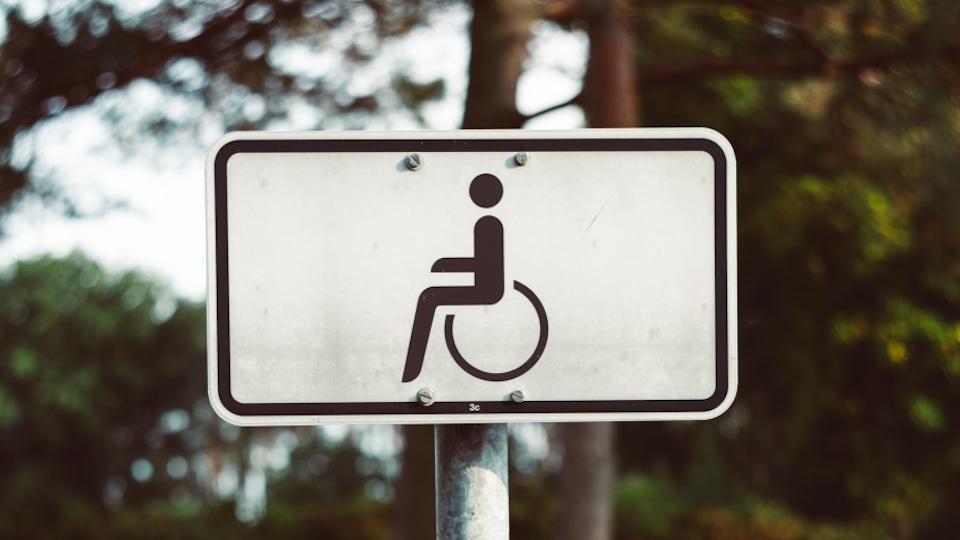Future of Pfizer’s Duchenne gene therapy in doubt

Pfizer is “evaluating appropriate next steps” for its Duchenne muscular dystrophy (DMD) gene therapy after it failed a phase 3 trial.
Fordadistrogene movaparvovec (PF-06939926) was unable to meet its primary objective of improving motor function in boys four to seven years of age with DMD compared to placebo, measured using the North Star Ambulatory Assessment (NSAA) scale, one year after dosing.
The gene therapy also missed the mark in a slew of secondary measures, including 10-metre run/walk velocity and time to rise from floor velocity compared to controls in the CIFFREO trial, which recruited DMD patients who were ambulatory, i.e. they were still able to walk.
The disappointing efficacy result comes after Pfizer was forced to suspend dosing in clinical trials of the gene therapy – most recently in May – after patient deaths. In the latest case, a patient in the phase 2 DAYLIGHT study died of a cardiac arrest after receiving the one-shot treatment, which resulted in a block on new patients being dosed in CIFFREO.
In 2021, the unexpected death of a patient in a phase 1b study led to the FDA placing a clinical hold on PF-06939926, which was lifted in 2022 after an investigation concluded that it was unlikely to have been the cause.
“We are extremely disappointed that these results did not demonstrate the relative improvement in motor function that we had hoped,” said Dan Levy, Pfizer's head of development for DMD programmes.
“We are grateful for the boys, their families, advocates, and the investigators who have participated in this research and the continuing effort to advance treatment options for this debilitating disease,” he added.
The result comes a few months after the only FDA-approved gene therapy for DMD – Roche/Sarepta’s Elevidys (delandistrogene moxeparvovec) – failed to meet its primary objective in a phase 3 trial that was designed to upgrade its accelerated approval and expand use from the currently eligible population of ambulatory patients aged four to five.
Despite the miss, Roche and Sarepta pressed ahead with an additional filing for the $3.2 million treatment, based on efficacy seen on secondary endpoints, and the FDA is due to deliver a verdict on that later this month. If approved, it would extend the use of Elevidys to older and non-ambulatory patients.
The Parent Project Muscular Dystrophy (PPMD) organisation in the US said in a statement that is “deeply disappointed” by the CIFFREO outcome, calling it “a discouraging blow to our community [and] particularly devastating to those who participated in the study.”
It added: “We recognise that every setback is part of the journey toward advancing therapies for Duchenne and Becker, and we draw strength from the resilience and courage of our community.”
Elevidys remains the only approved treatment that can alter the course of the fatal disease by treating the underlying cause of DMD by allowing the body to produce a functional form of dystrophin, the protein deficient in the disease. It achieved sales of $200 million last year, adding another $134 million in the first quarter of 2024.
Photo by Markus Spiske on Unsplash













